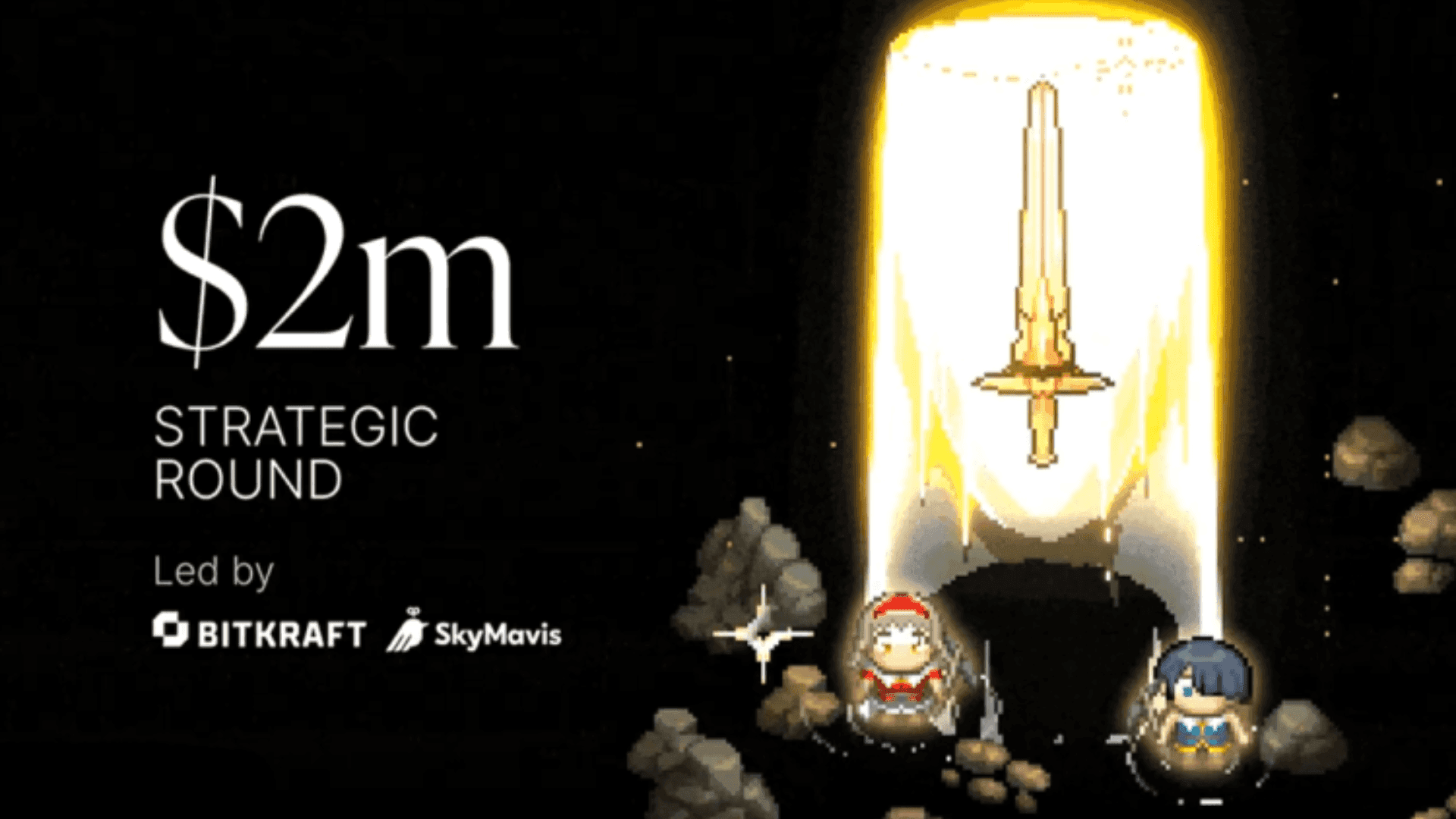Cambria has unveiled a new system called Renown, designed to provide a time and behavior-weighted reputation score for NFT holders. The system has been described as the “ve for NFTs,” referencing Curve Finance’s veTokenomics (vote-escrowed tokens), which was introduced in 2020 to encourage long-term liquidity and engagement.
Renown represents an evolution of Cambria’s earlier Loyalty Score system, adding more nuanced tracking of NFT holder activity and engagement. The system addresses a common issue in the NFT market where long-term holders receive the same treatment as short-term, opportunistic buyers.
Without time-weighted recognition, early supporters are often disadvantaged when compared to users who rotate through projects quickly. As highlighted in Fishing Frenzy’s litepaper on Proof of Contribution, “The core idea behind reputation tokens is that not all users are equal, and should not be rewarded equally.” Renown seeks to establish a similar hierarchy, differentiating holders based on their sustained involvement.
Cambria Introduces Renown
Renown generates a veNFTScore for each NFT holder, reflecting their time commitment, activity, and participation across the ecosystem. Scores increase when NFTs are held or staked over time, and through a system called Attunement, which links NFTs to in-game actions or ecosystem functions. For example, a Founder NFT could be bound to a specific game activity, guild, or digital asset, with its veNFTScore providing benefits such as cosmetic upgrades, yield, or other in-game perks. Transferring or selling an NFT resets the score, reinforcing the emphasis on sustained involvement.
This approach mirrors the principles of Curve’s veTokenomics, which was designed to prevent yield-hopping and incentivize long-term loyalty. According to Curve co-founder Ben, veTokenomics “creates a temporal moat between builders and opportunists,” helping to maintain stability in the early stages of projects.
Cambria’s Loyalty Score System
Cambria’s Loyalty Score system, introduced in September 2024, tracked how long NFTs were held since minting or the last transfer. Holders who maintained their NFTs from the initial mint received recognition as First Founders, and the system offered perks and rewards to this group. Renown expands on this framework, integrating time-based scores with active engagement metrics and ecosystem participation. This allows the system to measure both passive holding and active contribution.
Potential Benefits and Challenges
Renown offers several advantages for NFT ecosystems. By tracking loyalty history, it creates new design possibilities and allows for time-weighted recognition of long-term holders. It also provides a mechanism for controlling NFT supply more effectively and encouraging sustained engagement.
However, the system has potential limitations. It could overreward existing holders while discouraging new participants from entering the ecosystem. Early-stage NFTs may need to provide sufficient utility to make the system meaningful, and because NFTs are already less liquid than standard tokens, time-weighted incentives may further reduce market activity.
Current Applications and Future Outlook
Cambria has already applied Renown in several ways, including weighting NFT reveals for Islands, conducting giveaways and raffles, and distributing NFTs and tokens. Looking ahead, the system may expand to offer governance power, emissions, discounts, and other ecosystem incentives tied to veNFTScores.
The introduction of Renown reflects a broader trend in web3 toward reputation-based systems. Similar initiatives have appeared in GLHFers’ programmatic whitelist, Pixels’ player reputation tools, and Fishing Frenzy’s Proof of Contribution. These systems highlight a growing interest in sustainable reward models that emphasize loyalty, engagement, and long-term support.
Source: Gaming Chronicles
Frequently Asked Questions (FAQs)
What is Cambria’s Renown system?
Renown is a reputation system for NFT holders that tracks holding time and activity to create a weighted score called veNFTScore. It rewards long-term holders and active participants in the ecosystem.
How does Renown differ from the original Loyalty Score?
While the Loyalty Score tracked only how long NFTs were held, Renown incorporates activity metrics, engagement, and Attunement, providing a more comprehensive measure of a holder’s involvement.
What is Attunement in Renown?
Attunement is the process of committing an NFT to specific in-game actions, assets, or ecosystem activities. It allows the NFT’s veNFTScore to influence benefits like yield, cosmetics, or other perks.
Can selling an NFT affect my veNFTScore?
Yes. Transferring or selling an NFT resets its veNFTScore, emphasizing long-term holding and active participation.
What future utilities could Renown offer?
Cambria may expand Renown to include governance voting, emissions, discounts, and other ecosystem perks tied to a holder’s veNFTScore.
Why are reputation systems becoming popular in web3?
Reputation systems help differentiate long-term supporters from opportunistic participants, encouraging loyalty, engagement, and sustainable reward models for NFT ecosystems.




